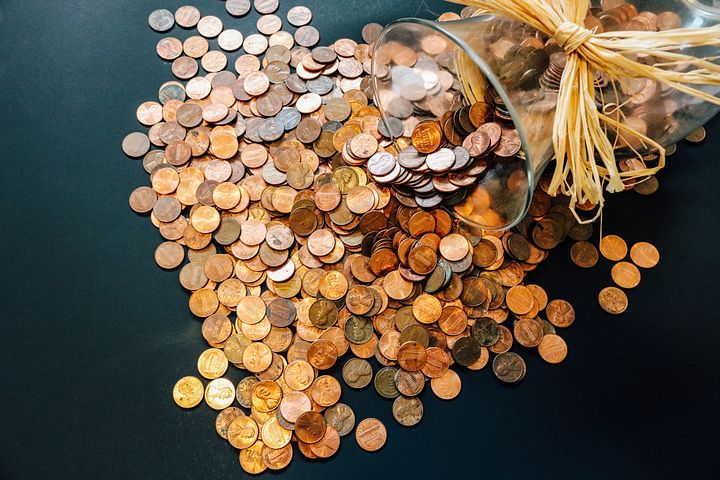Need For An Emergency Fund In Your Budget And How To Build It

If you're considering adding an emergency fund to your budget, this article will help highlight the importance and tips on how to start building one.
Any cash reserved for unforeseen spending or expenses is termed an emergency fund. They are used for financial emergencies that are important and/or necessary. Some common examples of such emergencies include car repairs, home utensils repair or replacement, medical bills, or job or income loss,s, etc.
An emergency fund is different from your long-term savings (such as retirement accounts or any property-buying savings you may have) and so it is usually kept separately. Anyone can have an emergency fund, and the amount will vary depending on your total income, style of living, regular expenses, and dependents (if any).
Importance of Emergency Funds
Emergency funds are necessary for one relative reason; we all experience uncertainties in life and many of them have financial implications. The COVID-19 pandemic period was one good example of uncertain times for people and an uncertain economy for many countries. Since we can't predict how many emergencies are ahead of us, it is best to set aside funds that can cover three to six months' worth of living expenses. The fund only should be used in the event of an emergency and spent carefully when you do need to draw on it.
Below are a few scenarios where emergency funds are important:
1. Having an emergency fund gives you a better shot at surviving a crisis without getting a loan or an overdraft balance.
2. Emergency funds are a good backup during a recession (where unemployment rates increase, inflation increases, etc.)
3. When you don't have a steady source of income, emergency funds can come to the rescue for upkeep till you find another job.
4. Emergency funds can be converted into savings for other goals in the long run. Just as we expect emergencies, years can go by without any such occurrence.
Tips for building an Emergency fund
Just like any other financial goal, saving towards your emergency fund has to be intentional. First figure out how much you spend each month, look through your expenses over a short period and generate an estimate.
From your estimated figure per month, you can set your savings target for your emergency fund. You can either save that exact amount as your emergency fund for a month or multiply that amount to a higher target that can cover more than one month's emergency.
Find an account that doesn't keep your funds dormant i.e an account that generates the highest interest on the amount you save. Your account options should be safe and restrictive but the money should be easy to liquidate when needed. This makes it keep it untouched. Money market accounts or basic savings account with a budgeting platform can produce high interest for your emergency fund.
Add some more action to your plan by contributing regularly to that emergency fund account. Downgrade your expenses if possible to divert more funds into the emergency account. Buy a less expensive phone or food products when shopping, and skip more leisure outings, to come up with some cash that can fund your goal.
Funding your emergency account should be like any other recurring bill you must pay each month. Add to the fund at regular intervals, and if possible, automate recurring transfers to your account to stay consistent.
Don't forget, once that money is spent, it always takes a long while to rebuild it. Start now, with whatever you have, no matter how little. Think of it as putting small amounts aside each week or month to achieve your emergency fund target.



